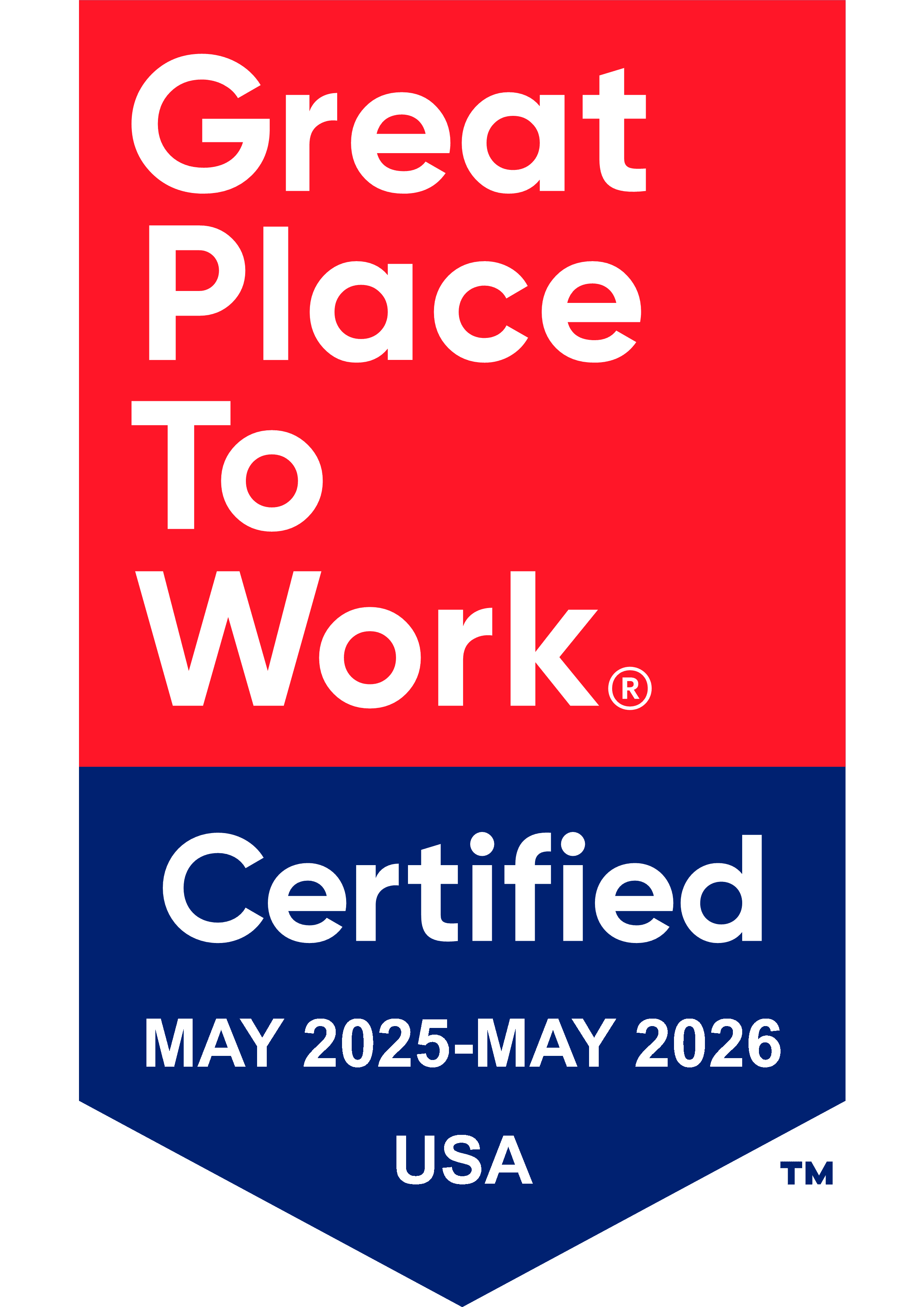
“Warrick County has a population of more than 60,000 people, and we are approximately 10 miles from Evansville, Indiana, a city of over 100,000 people,” said the coalition’s Assistant Director of Programs Margery Gianopoulos.“Many of our residents work in Evansville. To the south is the Ohio River. We’re a mix of rural and small-town communities. Alcoa is one of our largest employers, though we do have local organizations that serve the U.S. and internationally. Warrick County Cares (WCC) was formed in 2010 through a state Communities That Care grant and we are now in year seven of Drug-Free Communities (DFC) grant funding. We are planning a 10-year celebration for our coalition this September. Our fiscal agent is Youth First, Inc., which is in its 21st year and was formed the same way as WCC. Youth First’s mission is to strengthen youth and families though evidence-based programs that prevent substance misuse, promote healthy behaviors and maximize student success.”
“WCC has always had a good relationship with law enforcement and the school corporation, and when COVID-19 happened we wanted to be able to support our community,” said Gianopoulos. “Hand sanitizer was a necessity throughout the community, and I was able to order 2500 one-ounce bottles. Once we knew that was available, we reached out to the different sectors of our community to see how we could distribute the bottles, and they all responded with excitement. I’ve also had senior communities, a local soup kitchen making up bagged lunches and the recycling center reach out to us for the sanitizer, and while our coalition mission is to reduce youth substance use we need to support all of our community members during this unprecedented time.”
There has been some difference in engagement since the onset of the COVID-19 pandemic,” said Gianopoulos.“With people staying at home, they are easier to reach, and online meetings are working. By providing the sanitizer, we are definitely hearing from people who may not have known about our work earlier.”
“We have a new youth chair working for our coalition, who is excited to get moving,” said Gianopoulos. “We’ve struggled a bit over the past year or so getting youth involved. We don’t want our youth members to feel like ‘token’ youth at meetings, we want to recruit youth who are working to make a difference in the community and with their peers. We’re looking at different ways to do that, and the fact that youth are stuck at home means that now may be a good time to reach them. Their expertise with technology and social media is invaluable.”
“We’re also putting a lot of good information on our social media pages about mental health, helping parents and youth cope during this time,” said Gianopoulos. “As a result, we’ve seen more engagement and definitely more people visiting our social media sites.”
“Since we aren’t able to meet in person, we are doing more social media engagement, online meetings and taking more time to plan coalition strategies,” said Gianopoulos. “This has definitely had a positive impact overall on the quality and reach of our coalition’s work. We know during this pandemic there is more opportunity for youth to use substances since they are not at school, but it’s also a great time for parents to talk to their youth about substance use, so we are promoting more messages toward that. We’ve also upped our advertising with positive messages.”
“To other coalitions that are working to sustain and engage during this pandemic, I would suggest taking advantage of this time when people are home,” said Gianopoulos. “They are ready to connect with others and it’s a good time to do that. We are encouraging our committees to meet online during this time and brainstorm how to connect with their members and brainstorm plans.”

